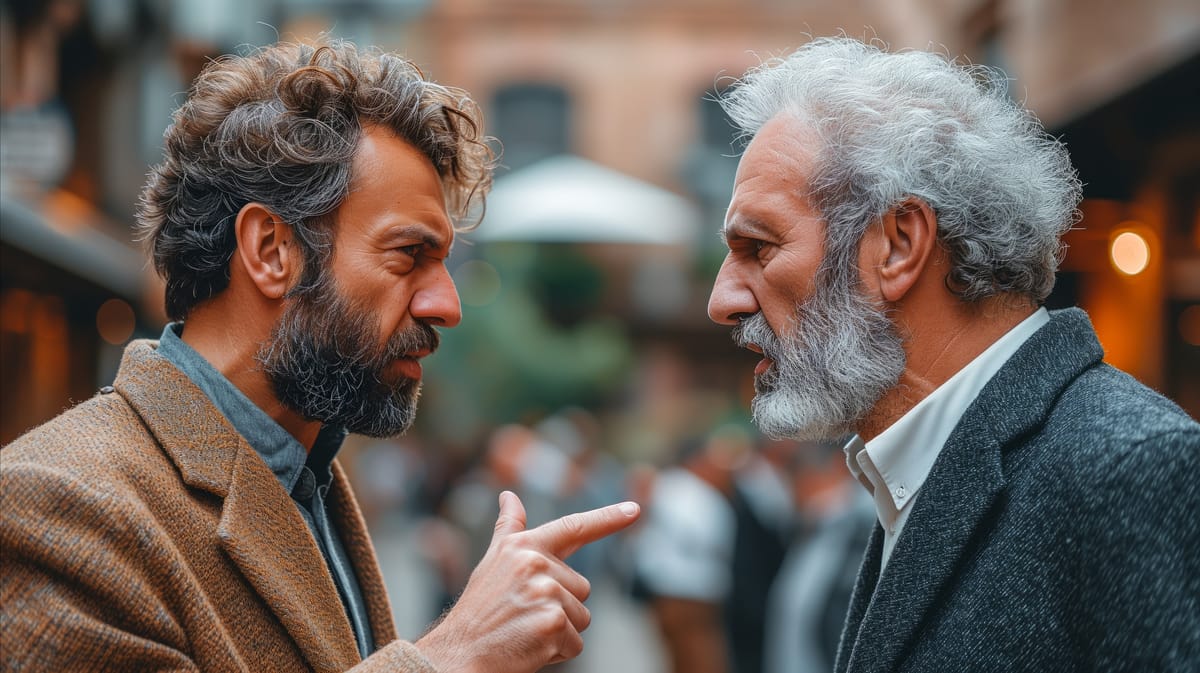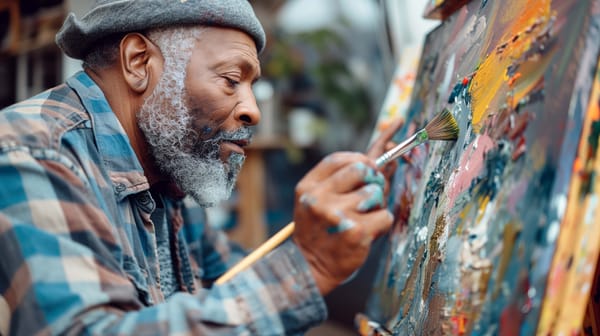I used to think I was good at apologizing.
I really believed that. I thought I was thoughtful. Considerate. I’d say things like “I’m sorry if I upset you,” or “I didn’t mean it that way,” or the all-too-familiar “I’m sorry you feel that way.” All well-intended, all utterly useless.
What I didn’t realize for the longest time was that every time I said something like that, I was putting the spotlight back on me. My intentions. My hurt feelings. My side of the story.
It hit me one day in the most unexpected way. Not during a big fight or some dramatic moment, but a quiet one.
My partner was unloading groceries. I had been grumbling about the wrong kind of yogurt being bought. Not yelling, just being my particular, passive-aggressive self. I didn’t even realize it until she stopped, turned slowly, and said, “You make me feel like I can't do anything right.”
There it was.
A sentence that landed heavier than any shouting match ever could.
And my first impulse? Defend. Explain. Clarify.
But for once, I didn’t. I saw the tired in her shoulders. The years of trying to anticipate my moods. I saw, not the yogurt, but the weight of every little criticism she’d quietly absorbed. I saw the cost of my careless words.
So I swallowed the usual script.
I said, “You’re right. That was unfair. I’m sorry I made you feel that way. I’ll do better.”
And then I shut up.

It wasn’t poetic. It wasn’t grand. But it was real. And in that silence, I learned something I should’ve learned decades ago: a real apology isn’t about redemption—it’s about responsibility.
Apologizing isn’t asking someone to absolve you. It’s standing in the uncomfortable space of your own screw-up and staying there. Not trying to escape it with charm or explanations. Not trying to win points for your vulnerability.
It’s about saying, “I hurt you. I see it. And I own it.”
That’s it.
It’s taken me years to peel back the layers of ego. I still mess it up sometimes—apologies that trail off into “but I just…” or “I didn’t know…”
But when I catch myself, I pause. I breathe. I try again.
And what I’ve found is this: real apologies create space for healing, not just for the person we hurt, but for ourselves. They clear the air. They stop the spin cycle. They build trust where defensiveness used to live.
So if you, like me, have spent most of your life thinking “I’m sorry” was enough on its own—consider this an invitation. To learn it late, maybe. But to learn it well.
We don’t always get a second chance to say the right thing. But sometimes, we do. And when we do, let it be real. Let it be simple.
Let it be: I’m sorry. I hurt you. And I want to do better.
Then leave it there.
If you’ve ever had to relearn the art of the apology, I’d love to hear your story. Drop a comment or send me a note. This space was built for conversations like that.
- Jack







Member discussion